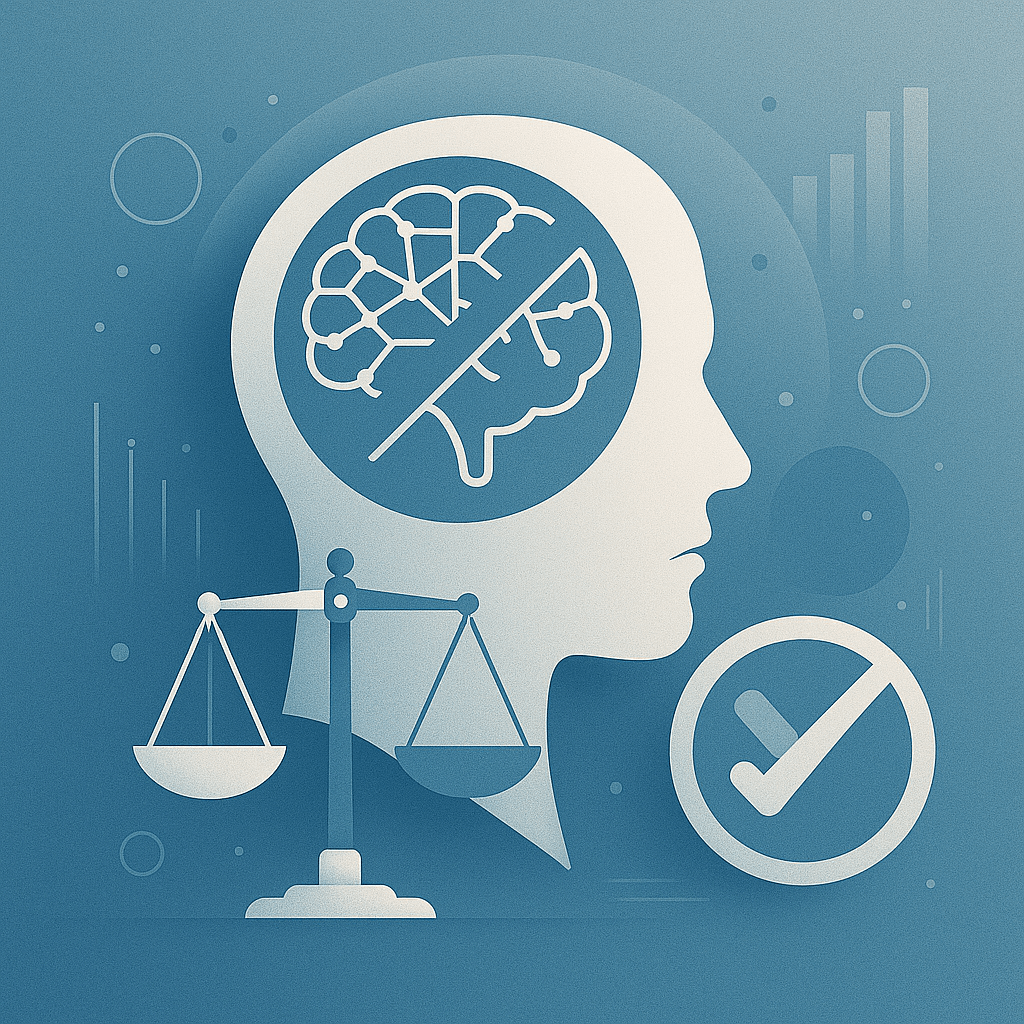The stigma, subjectivity, and strategies for building a strong mental health claim.

Filing for long-term disability (LTD) benefits is difficult under the best of circumstances—but for individuals managing mental health challenges, the process often feels even more discouraging. Many claimants are surprised to learn that LTD claims based on psychiatric conditions are denied more frequently than those based on physical ones, even when the symptoms are equally disabling. The reasons for this disparity are layered: stigma, policy restrictions, subjectivity in diagnosis, and insurer bias all play a role. Understanding how these factors interact can help you build a stronger, more defensible claim from the outset.
The Stigma Against Mental Health in Disability Insurance
Although mental health awareness has grown in recent years, biases still shape how psychiatric disability claims are evaluated. Insurers often approach these cases with skepticism—treating them as less legitimate than physical injuries. Claims for conditions like depression, anxiety, PTSD, or bipolar disorder may be met with assumptions that the claimant is exaggerating symptoms or simply choosing not to work. In some cases, insurers point to a claimant’s physical appearance or activity level as evidence they can perform work, without accounting for the invisible—but very real—impact of mental illness. The presence of substance use, even if it’s self-medication for the condition, can further bias the insurer’s judgment, leading them to dismiss or misclassify the true nature of the disability.
Unlike conditions that can be verified through MRIs or blood tests, psychiatric disorders rely on reported symptoms and clinical observations. That lack of objective proof creates a gap insurers are quick to exploit. They may scan your social media before investing in surveillance or take a comment from a medical note out of context. When a patient who’s been bedridden with depression finally gets out of the house for a short outing, an insurer might treat that progress as proof of recovery, even if the reality is far more complicated.
Why Mental Health Claims Are Harder to Prove
At the heart of many denials is the reality that mental health conditions are harder to “prove” by conventional standards. While diagnostic frameworks like the DSM-5 exist, there are no lab results or scans that confirm depression or anxiety. Insurers may argue that your records don’t show consistent enough care or that your symptoms aren’t severe enough to prevent all types of work. Many policies also impose additional restrictions, such as 24-month coverage caps for mental illness unless the condition qualifies as severe and persistent. Even then, they may assert that you’re capable of performing “low-stress” work, regardless of what your doctor says.
This is where vague or overly optimistic clinical notes can come back to haunt you. Statements like “patient doing better” or “patient appears well” might reflect a small milestone, such as being able to leave the house or get through a therapy session, but insurers may interpret them to mean you’re ready to work. These kinds of subtle misreadings often form the basis for denial.
What Strong Mental Health Documentation Looks Like
Winning a mental health LTD claim requires detailed, consistent documentation that connects your condition to your inability to work. Regular appointments with psychiatrists, psychologists, and therapists are key. Your treatment notes should demonstrate adherence to prescribed medications, describe ongoing symptoms, and explain how these symptoms affect your ability to perform work tasks, such as concentrating, managing stress, making decisions, or engaging with others. If you’re experiencing side effects or trouble with your medication, please note this as well.
Many denials can be attributed to gaps in care or inconsistencies in medical records. Missed appointments, whether due to depression or logistical issues, can hurt your credibility. Non-compliance with medication is another red flag—insurers may argue that if you’d just take your meds, you’d be able to work. If your condition makes it difficult to maintain treatment, this should also be noted. Caregivers can help by providing context, whether through written statements or, in rare cases, direct documentation such as recordings during an episode. These materials can supplement the medical file, but aren’t a replacement for clinical evidence.
Why You Might Still Need a Lawyer
Even if your file is strong, LTD claims based on mental health conditions are often met with pushback. Denials may cite policy loopholes, use vague plan language, or misrepresent the severity of your condition. This is where a lawyer can step in. An LTD attorney familiar with mental health cases can help anticipate insurer tactics and guide you in strengthening both the legal and medical aspects of your file. This may include requesting specific evaluations from your treating provider, responding to biased IMEs, or pushing back on efforts to reinterpret progress notes as recovery.
If your claim has already been denied, an attorney becomes even more essential, especially under ERISA, where what you submit in your appeal may be the only evidence allowed in court. That appeal isn’t just a second look; it’s your last opportunity to build the strongest case.
Final Thoughts
Mental health LTD claims come with unique hurdles, but they’re not unwinnable. With consistent care, detailed documentation, and the right legal support, it’s possible to overcome the built-in skepticism of insurers and secure the benefits you deserve. Many claims are overturned on appeal—especially when guided by attorneys who understand the nuances of psychiatric disabilities. If your mental health has made it impossible to work, your condition is real—and your claim matters. Don’t let stigma, policy language, or insurer bias stand in your way. You don’t have to face the process alone.
